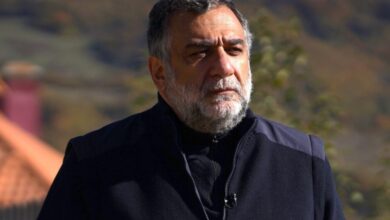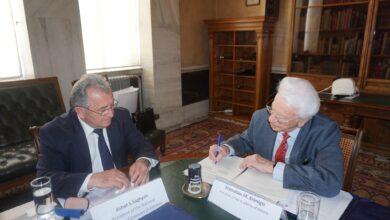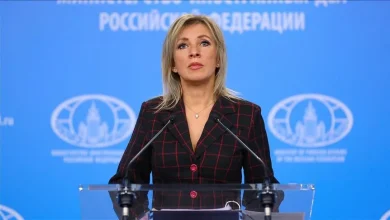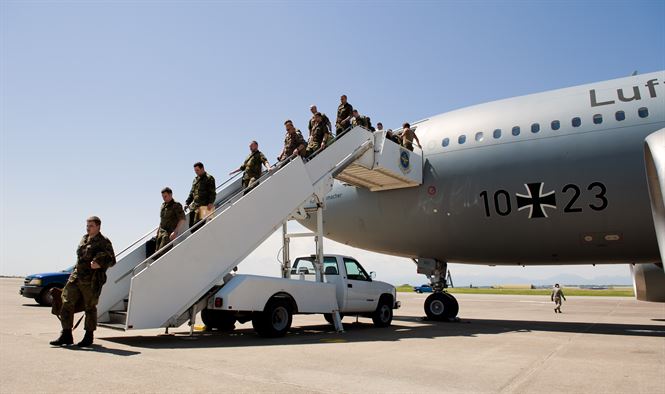
U.S. Air Force photos by Senior Airman Daniel Phelps
 Ankara and Berlin are again in war of words over access to an air base in the south of Turkey.
Ankara and Berlin are again in war of words over access to an air base in the south of Turkey.
Germany is mulling moving its troops out of Turkey after its lawmakers were denied entry to the Incirlik Air Base, which has been used by the anti-IS coalition since 2014 for combat operations against the militant group. The German government said it was considering alternatives in Jordan, Cyprus or Kuwait.
German Chancellor Angela Merkel called Turkey’s ban “unfortunate.” “The Bundeswehr is a parliamentary army and this makes it absolutely necessary for our lawmakers to have access to our soldiers,” Merkel was quoted in German media as saying.
“If it is not possible to work normally at Incirlik… We will have to look for alternatives,” German Foreign Minister Sigmar Gabriel told German newspaper,” Neue Osnabrücker Zeitung.
“I can only hope that the Turkish government will change its mind in the coming days. Otherwise, the parliament will no longer let our soldiers go to Turkey,” he added.
Turkey’s Foreign Minister said in response that Germany was welcome to withdraw its troops from Incirlik air base if it desired.
“If they want to leave, let’s just say goodbye,” Mevlut Cavusoglu told broadcaster NTV. “That’s up to them and we won’t beg.”
The dispute is believed to be due to Turkish soldiers seeking asylum in Germany, but the reasons behind the row could be wider.
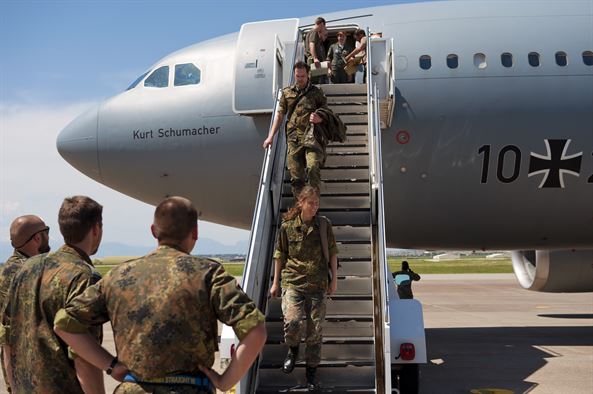
“Germany has long been critical of Turkey’s policy and its President Erdogan for the pressures inside the country,” says Ruben Safrastyan, an expert of Turkish studies, told Public Radio of Armenia in a phone interview.
“Germany has blamed Erdogan for establishing a one-man rule in the country. The German leadership has said on many occasions that the path Turkey has chosen does not meet European standards,” Ruben Safrastyan added.
The expert recalled a number of other incidents that could also mar relations between the two courtiers. These include the arrest of a reporter of the prominent newspaper Die Welt, Deniz Yucel, in Turkey, Germany’s disapproval of Turkey’s pressure on Kurds, the row over the attempts to campaign among Turkish citizens in Germany ahead of the Turkish constitutional referendum that secured Erdogan near dictatorial powers. “The list could be continued,” he said.
A decision on where and wether to move the troops is likely to be made in the next few weeks, with Jordan seen as a favorite, Deutsche Welle quotes sources from the Bundestag Defense Committee as saying.
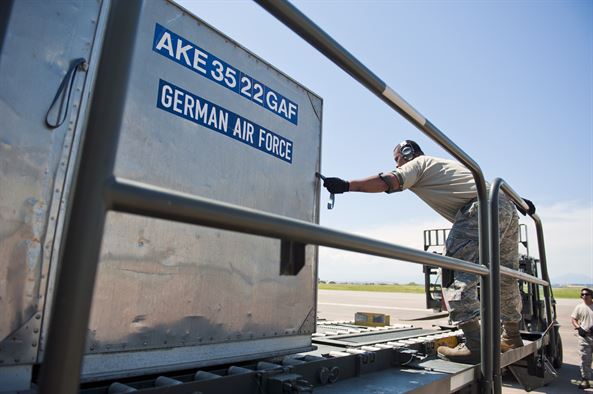
Safrastyan does not believe, however, that Germany will move its units to other locations. “Germany is trying not to station its troops in many places outside the country,” he said.
The expert does not see perspectives of Germany creating a separate base aside from the one at Incirik used by NATO to hit Islamic State forces in Syria. “I don’t think they are ready to do that at this point,” Ruben Safrastyan said.
This is not the first time German lawmakers have called on the German military to pull out of Turkey. Tensions between Germany and Turkey have been ups and downs for a couple of years. Last year Turkey blocked German delegation airbase trip over Armenian genocide row. The lawmakers were allowed to the base only after the German Government hinted the resolution was “not legally binding.”
On June 2, 2016 the German Bundestag adopted a resolution on the genocide of Armenians and other Christian minorities with an overwhelming majority of the votes. Chancellor Angela Merkel’s Christian Democrats and junior coalition partner Social Democrats, along with the opposition Greens, had prepared the resolution entitled “Remembrance and commemoration of the genocide of Armenians and other Christian minorities in 1915 and 1916”, which also carried the word throughout the text.
Turkey recalled its Ambassador to Germany ‘for a brief consultation,’ after the vote, but it was not until October 2016 that Ankara made the decision to send its envoy back to Berlin, which saw a slight thaw in ties.
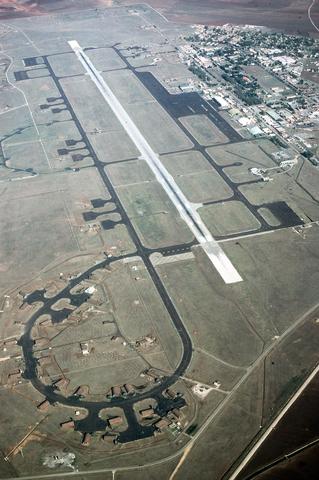 Whether Turkey will lift a ban on MPs visiting German troops stationed in the country this time remains to be seen. Ruben Safrastyan believes it depends on relations on the highest level.
Whether Turkey will lift a ban on MPs visiting German troops stationed in the country this time remains to be seen. Ruben Safrastyan believes it depends on relations on the highest level.
“They will allow access if relations between Erdogan and Merkel get warmer,” he concluded.
German media reports claim Chancellor Angela Merkel is expected to raise the Incirlik issue directly with Turkish President Recep Tayyip Erdogan at a NATO summit in Brussels next week.
Germany’s deployment at the Incirlik air base forms part of the anti-IS coalition’s reconnaissance and refueling mission.
Since 2015, around 260 German troops, six high-tech Tornado surveillance jets and a tanker aircraft have been stationed in Incirlik Air Base, providing support for anti-IS operations, according to Worldbulletin News.
Excluding Turkish forces, the US has the most troops deployed at the Incirlik air base, with around 1,500 US military personnel on the ground, followed by the UK, Deutsche Welle reports.
The Netherlands, Spain, Denmark, Czech Republic, and non-NATO states Saudi Arabia and Qatar also have deployed troops to the base to take part in anti-IS operations.



